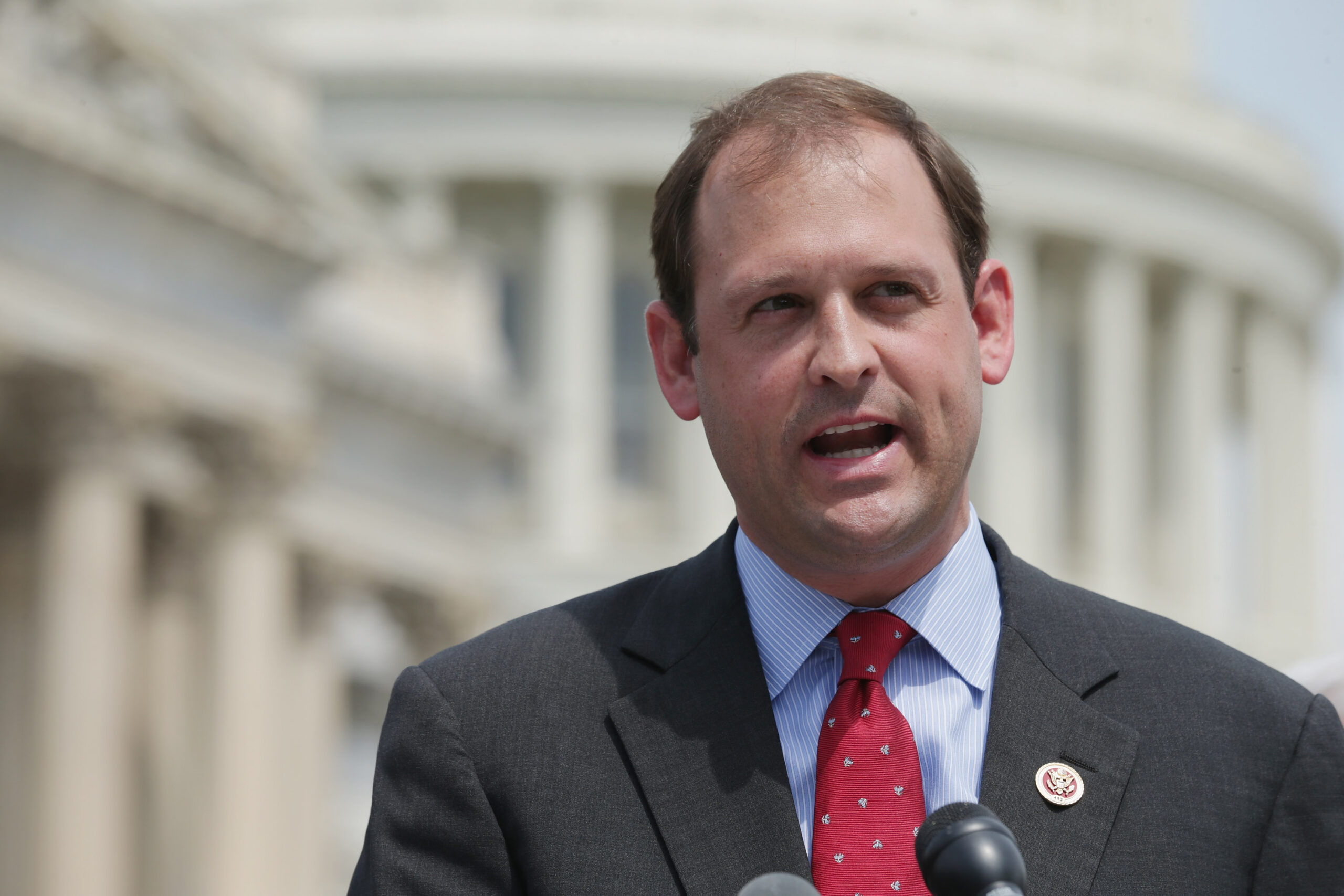


For nearly two decades, everyone in Washington believed in Housing First.
Housing First holds that homelessness is a housing problem that can be solved—note the word “solved”—by giving the housing to the homeless, no strings attached. Proponents of Housing First believe that tying housing to users’ sobriety or their participation in drug-abuse or mental-health treatment is wrong on both practical and moral grounds. Not only do behavioral requirements make the homeless less likely to use state services, it infringes on what advocates claim is homeless people's inalienable right to housing.
The policy had enjoyed broad support on both sides of the aisle. George Bush's homelessness czar, Philip Mangano, backed Housing First with almost biblical fervor. Barack Obama made adherence to the policy a condition of receiving federal grant money, and promised its adoption would end homelessness nationally within ten years.
It is now a decade after Obama's prediction, and cities across the country are grappling with an increasingly visible and violent homelessness problem. The number of unsheltered homeless people increased more than 20 percent between 2014 and 2020, even as Housing First proponents touted the program's success.
On Monday, the New York Times profiled the growing opposition to Housing First among elected Republicans and conservative nonprofits. The write-up was prompted by Kentucky Republican Rep. Andy Barr's new legislation that would prevent the Department of Housing and Urban Development from denying grants to shelters and other service providers because they impose behavioral requirements on their participants. Barr drafted the bill after several shelters in his district were denied federal funds for requiring residents to be sober.
Conditioning grant money on groups' adherence to Housing First principles has been official HUD policy since 2013. On the original, since-deleted, grant-application page, the Department said applicants had to demonstrate that “at least 75 percent of the [Continuum of Care's] permanent supportive housing project application ... follow a Housing First approach,” which HUD defined as a “model of housing assistance that is offered without preconditions (such as sobriety or a minimum income threshold) or service participation requirements.” In other words, HUD could deny an applicant on the basis of his having proposed to use more than 25 percent of his requested award to fund programs with sobriety or mental-health-treatment requirements.
Barr's bill, which would repeal those HUD rules and require the agency to give at least 30 percent of its grants to groups that provide the homeless with behavior-conditioned services, is not the first Republican move away from the Housing First philosophy. In 2019, Donald Trump appointed Robert Marbut Jr. to head the U.S. Interagency Council on Homelessness (USICH). Marbut was a proponent of what he called “Housing Fourth,” echoing earlier models of service provision to the homeless.
Before Housing First came in vogue in the early 2000s, services were provided to the homeless on what is sometimes called the “staircase” model. Providers would see a homeless person on the street, and offer him an emergency shelter bed. If he behaved, he would be given the chance to move into a transitional housing unit, where he'd have to find a job and, if he was an addict, participate in substance-abuse treatment. At the end of this process, the hope was that the man could pay his own rent—or, in Marbut’s words, “exit the condition of homelessness and not to be in a subsidized living condition.”
Housing First advocates claim, not entirely unreasonably, that the “staircase” sequence expected too much from a population of people who are, oftentimes, ill-equipped to hold down a job, or ill-disposed to participate in treatment. They argue that providing people with housing, no questions asked, helps to get people off the streets, and lowers the costs associated with those who fail out of the “staircase” program, such as incarceration or psychiatric hospitalization.
But housing is expensive, and the notion that we can afford to provide housing to every single homeless person is belied by experience. As the Times reported, in Los Angeles, which embraces Housing First as a matter of policy, building a new supportive living unit for just one homeless person costs nearly $600,000. We also know that providing mentally ill people who refuse treatment with unsupervised, unconditioned housing often leads to disaster.
We also know that a lot of the evidence marshaled by proponents of Housing First is misleading. While rates of chronic homelessness have declined between 2010 and today, some scholars believe homelessness was even lower during the skid row era than it is today, suggesting that the recent decline, whatever its cause, is not without precedent in the pre–Housing First era. And as Stephen Eide observes in Homelessness in America, the cities that have most vigorously embraced Housing First have seen spikes in their homeless populations, in part because of the “draw” that no-strings-attached housing provides to both other cities' homeless populations and some number of marginal cases who may be in and out of traditional housing units. Between 2010 and 2020, when rates of homelessness elsewhere dropped by 26 percent, New York City and California saw 47 and 31 percent spikes in their homeless populations, respectively.
Republicans have realized that Housing First is not exclusively, or even primarily, about housing. As Eide put it, “The real distinction is whether residential stability should be the goal of the program, as it is with Housing First providers, or secondary to primary goals such as economic independence.”
Richard Cho, deputy director of USICH, said “Housing First is not a ‘program,’” but “a whole-system orientation and response.” It is a paradigmatic approach to the provision of social services that “is, and always has been, about changing mainstream systems.” Housing First is as much, if not more, about dismantling what proponents see as the bourgeois assumptions of our social safety net than the merits of a housing-oriented homelessness policy. Elected Republicans, at long last, are starting to recognize as much.
